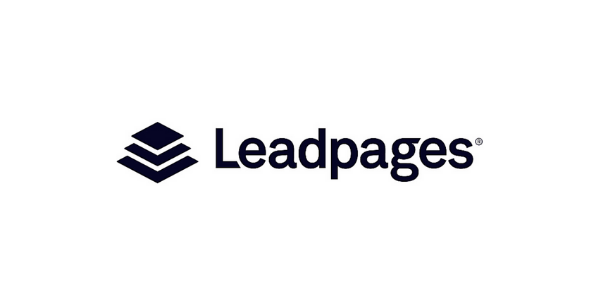
Introduction
In a move to ensure fair competition and protect consumers’ interests, European Union (EU) antitrust regulators have initiated an investigation into the pricing practices adopted by fashion firms operating within the region. The probe aims to examine potential anticompetitive behavior and ascertain whether these companies are engaging in practices that may harm market dynamics or restrict customer choices.
The Scope of the Investigation
The investigation encompasses a range of fashion firms across the EU, including renowned clothing brands, luxury fashion houses, and online retailers. By scrutinizing their pricing strategies, regulators seek to evaluate whether these firms are employing unfair pricing tactics or engaging in collusion that could hinder competition in the market.
The Importance of Fair Competition
Maintaining fair competition is of paramount importance within any industry. It not only fosters innovation and drives down prices but also provides consumers with a wider array of options to choose from. When fashion firms resort to unfair pricing practices, it can lead to market distortions, limit consumer choice, and potentially result in inflated prices.
Potential Concerns and Consumer Impact
Unfair pricing practices within the fashion industry can manifest in various ways. One such concern is the possibility of price fixing, where competing firms agree to set prices at artificially high levels, effectively eliminating price competition. This can ultimately lead to consumers paying more for products and services, restricting their ability to make informed purchasing decisions based on fair market value.
Another aspect under scrutiny is the use of geographical price discrimination, wherein companies charge different prices for the same products or services in different regions. This practice can create discrepancies and inequalities, as consumers in certain areas end up paying higher prices despite receiving the same product or service.
Additionally, the investigation aims to address potential collusion between online retailers and brand manufacturers. Such collusion could involve agreements that prevent retailers from selling products below a certain price or offering discounts, limiting price competition and hindering consumers’ ability to find the best deals.
The Role of EU Antitrust Regulators
EU antitrust regulators play a vital role in safeguarding fair competition and protecting consumers within the region. Through investigations like this, they aim to identify and rectify any anticompetitive behavior, ensuring that markets operate efficiently and transparently.
Should the investigation uncover evidence of unfair pricing practices, the regulators possess the authority to impose fines and penalties on the companies involved. This not only serves as a deterrent but also sends a clear message that anticompetitive behavior will not be tolerated within the EU market.

Conclusion
The EU antitrust investigation into fashion firms’ pricing practices demonstrates the commitment of European regulators to maintaining fair competition and protecting consumer interests. By examining potential anticompetitive behavior and addressing concerns related to pricing strategies, the aim is to foster a level playing field where customers can make informed choices and access products and services at fair market value.
Through these efforts, EU antitrust regulators aim to ensure that fashion firms operate in a transparent and competitive environment, promoting innovation, lower prices, and increased consumer welfare. By upholding the principles of fair competition, the EU strives to create a marketplace that benefits both businesses and consumers alike.





